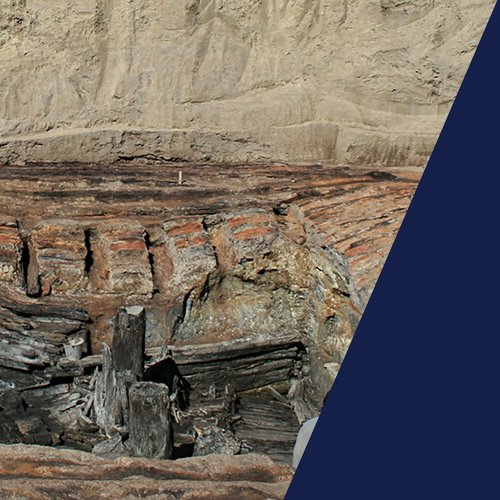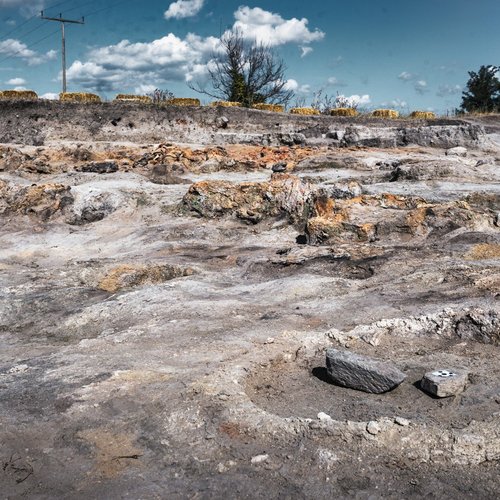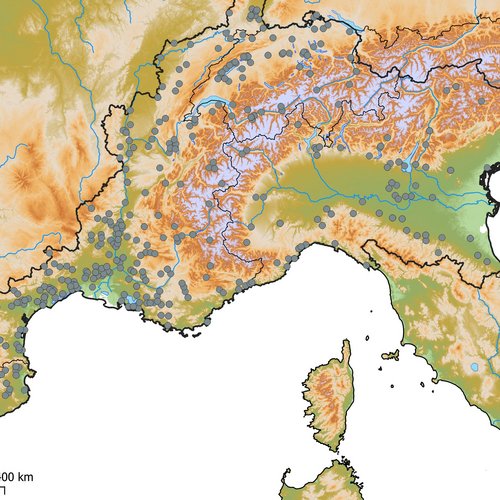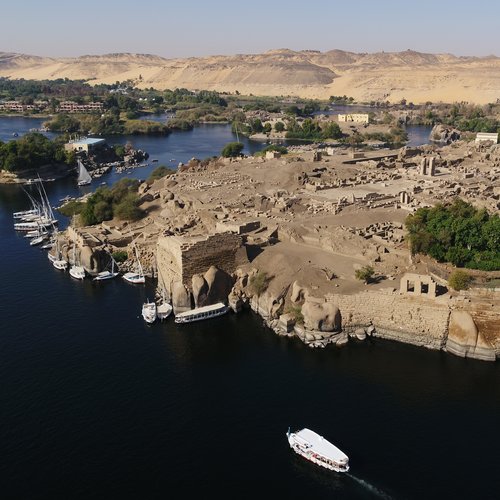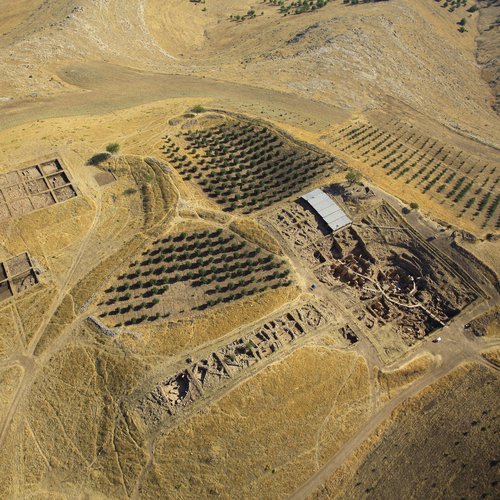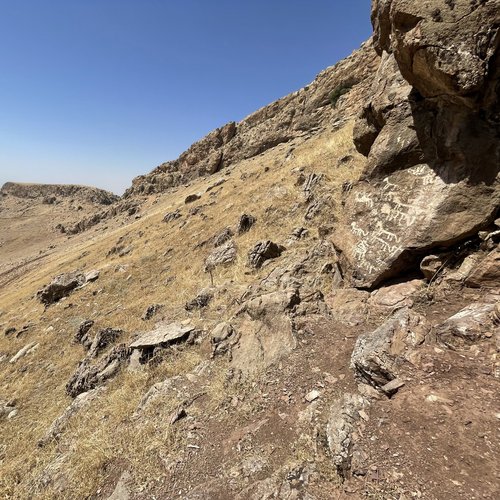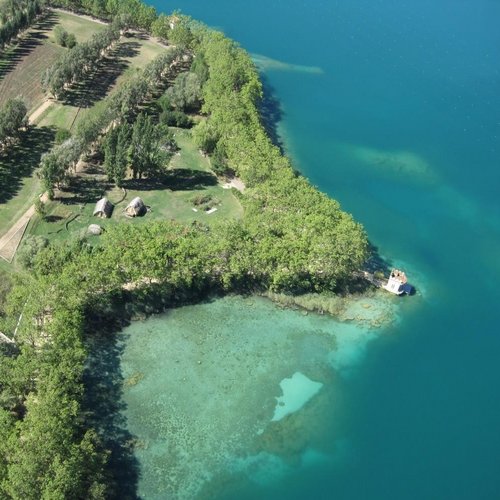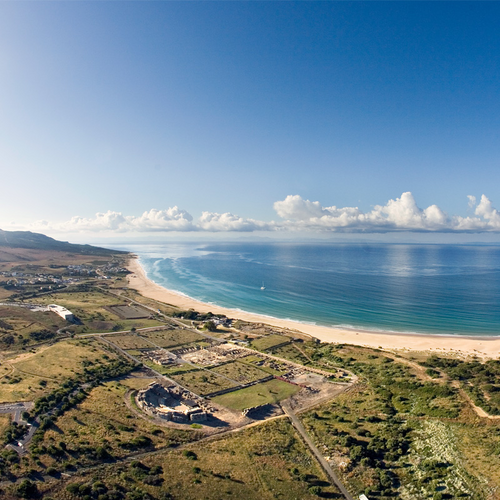
Ferran Antolin
Leiter des Referats Naturwissenschaften
Referat für Naturwissenschaften, Zentrale-ZWA, Zentrale
Ferran.Antolin@dainst.de
Head of the Division of Natural Sciences
I am an archaeobotanist interested in farmers across history: the plants they grew or gathered, how they were grown, tended, harvested and stored, how they were processed and used, how labour was organized, how risk was predicted and avoided, how farmers reacted to catastrophes and climate change, and what all of this tells us about past societies as well as about current society. Interdisciplinarity has always been paramount to my research and hence this is our main goal at the Division.
My research focuses on plant economy from the origins of farming until the Medieval period. I lead the archaeobotany team at the DAI, with one technician and several bachelor, master and PhD students. I participate in numerous projects at the DAI in North Africa, Croatia, Turkey, Iran and Mongolia, but also of other German universities working in Egypt and Irak. My own research projects are in Southern Europe. I coordinate the Research Cluster GroundCheck together with Ingo Heinrich and lead a project within KulturGutRetter aiming to predict the effects of climate change on archaeological sites.
I am also teaching Introduction to Archaeobotany and have taught for several years Domestication of Plants at the University of Basel. Currently I am designing a new lecture on Farming strategies and social structures.
Publikationen
El V milenio cal BC del macizo del Garraf : la secuencia del Neolítico Postcardial en la cueva de Can Sadurní (Begues, Barcelona).
Edo Benaiges, Manuel
2023
Al-Minya, Ägypten. Müll im Überfluss in der griechisch-römischen Bergsiedlung in Tuna el-Gebe. Die Kampagnen 2021 und 2022
Antolín, Ferran
2023
The spread of agriculture in south-eastern Europe : new data from North-Macedonia
Mazzucco, Niccolò
2022
The use of plants and domestic spaces in the Early Neolithic Pelagonia Valley : Preliminary results of the integrated archaeobotanical and micro-refuse approach
Sabanov, Amalia
2022
Neolithic occupations (c. 5200-3400 cal BC) at Isolino Virginia (Lake Varese, Italy) and the onset of the pile-dwelling phenomenon around the Alps
Antolín, Ferran
2022
Resinous deposits in Early Neolithic pottery vessels from the northeast of the Iberian Peninsula
Breu, Adrià
2022
Site formation processes, human activities and palaeoenvironmental reconstructions from archaeobotanical records in cave and rock-shelter sites in NE Iberia
Revelles , Jordi
2022
An archaeobotanical and stable isotope approach to changing agricultural practices in the NW Mediterranean region around 4000 BC
Antolín, Ferran
2022
Archaeobotanical and isotopic analyses of waterlogged remains from the Neolithic pile-dwelling site of Zug-Riedmatt (Switzerland) : Resilience strategies of a plant economy in a changing local environment
Steiner, Bigna L.
2022
The Early Neolithic tell of Vrbjanska Čuka in Pelagonia
Naumov, Goce
2021
Fases de ocupación y estratigrafía del asentamiento neolítico de Les Guixeres de Vilobí (Sant Martí Sarroca, Barcelona)
Oms Arias, F. Xavier
2021
The Demeter project : eight millennia of agrobiodiversity changes in the northwest Mediterranean basin
Evin, Allowen
2021
Projekte
Tabellarischer Lebenslauf
Seit 2021
Adjunct Professor for Archaeobotany at the University of Basel
Seit 2021
Head of the Division of Natural Sciences at the German Archaeological Institute.
2018 – 2021
SNSF Professor, leading the AgriChange Project at the University of Basel
2014 – 2017
Post-Doctoral Researcher at the University of Basel.
2009 – 2013
PhD Student at the Autonomous University of Barcelona
Events
Seit 2018 werden interdisziplinäre Untersuchungen in neolithischen Siedlungen im Nordwestmittelmeergebiet mit dem Ziel durchgeführt, eine Rekonstruktion der Entscheidungsprozesse des Ackerbaus im Neolithikum zu erreichen. Warum wurden neue Pflanzen angebaut?
El projecte «AgriChange» (2018-2022) ha estudiat evidències relacionades amb les pràctiques agrícoles d’una sèrie de jaciments clau per al neolític del nord-oest de la Mediterrània. L’objectiu és identificar moments de canvi en els cultius i establir-ne els factors detonants.
CICLO ON LINE TALKS - Crops, pests and climate
The AgriChange Project uses a multi-proxy approach to agricultural decision-making in the past. A particular focus was put on wet sites. The talk will focus on the three moments of crop change identified in the area: ca. 5300 BC, ca. 4000 BC and ca. 3400 BC.
